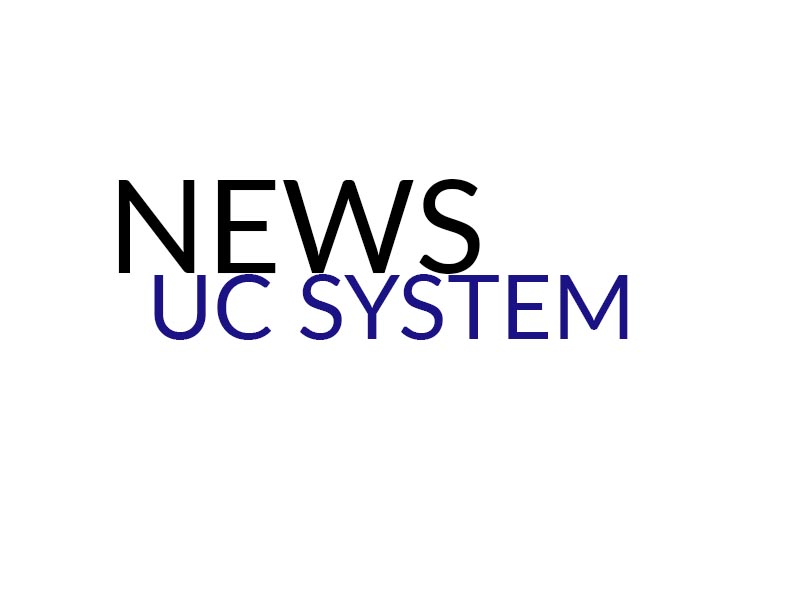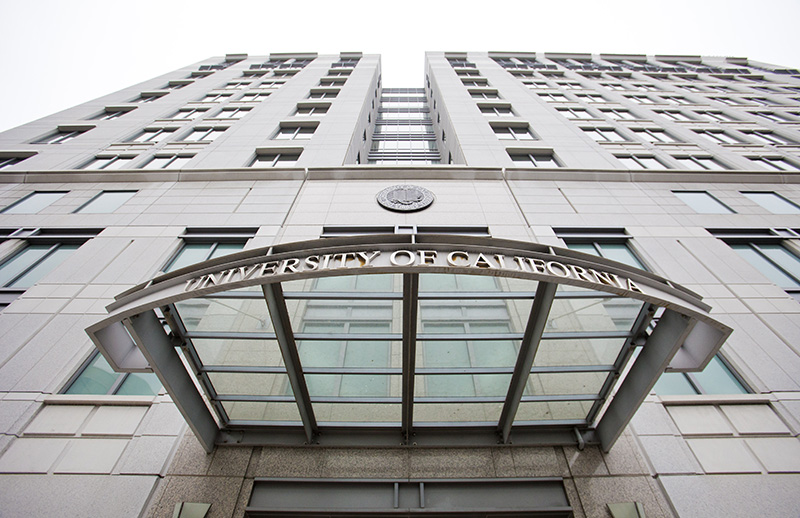The UC Board of Regents held an open forum at UCLA to discuss proposed changes to the University of California’s Statements of Principles Against Intolerance and to address anti-Semitic behavior on UC campuses on Oct. 26.
The proposed policy changes seek to adopt the U.S. State Department’s definition of anti-Semitism regarding Israel when such speech demonizes, sets double-standards against and/or delegitimizes the nation. This can include speech that draws comparisons of Israeli policies to Nazi Germany or denies Israel’s right to exist among others.
The proposed changes are acting upon the petition submitted in May by twenty-three different organization and over 500 UC alumni to UC President Janet Napolitano calling for her to redefine anti-semitism,
The reasoning behind such policy changes comes at a time where many Jewish organizations say that the current policies against intolerance are not enough to address the spike in anti-Semitism across the UC system. For example, in February, vandals defaced a Jewish fraternity house in UC Davis with anti-Semitic graffiti and symbols.
Zionist Organization of America’s West Coast campus coordinator Leore Ben David argued that the UC system needs to clearly define anti-Semitism if it hopes to combat the harassment of students.
“On a UC administrative level, I think more can be done,” David told the UCSD Guardian. “I think this is the exact way to do it by making a uniform statement about how anti-Semitism, specifically anti-Israel, demoralization, dehumanization and double-standardization are all not welcomed at the UC system.”
Supporters of the change claim that redefining anti-Semitism will contribute to a more positive environment throughout UC campuses.
Assistant Vice President of Equity, Diversity and Inclusion Daniel Juarez said that many UC campuses do not do enough to include underrepresented communities.
“UC campuses across the state have continuously proven to foster a campus climate that is negative for underrepresented communities,” Juarez said. “I do think that the UC [system] needs to make sure that it is centering those communities that are least represented and most marginalized by the institution. Combating anti-blackness, transphobia, misogyny, anti-nativeness, anti-undocumented practices and discourses needs to be at the forefront.”
However, critics of the proposed changes say that implementing the State Department’s definition will limit people’s free speech.
Eleanor Roosevelt College senior Hibah Khan voiced concerns that these changes would constrain people’s abilities to fully express their opinions.
“I think people should have the right to criticize Israel but not to the point where it becomes anti-Semitic speech,” Khan said. “I do have issues with Israel and the decisions it made to get where it is, and I feel like a revised policy would prevent me from stating my opinion.”
Khan thinks there is a difference between hate-speech and valid criticisms of Israel’s policies, and such a policy would undermine her ability to criticize the nation’s political actions.
“I don’t think criticizing Israel equates to being anti-Semitic,” Khan said. “Criticizing Israel is criticizing a country, not its religious inhabitants. I might disagree with Israel’s policies or actions, but I don’t consider this anti-Semitic speech because I am not criticizing the religion associated with that country, but rather the country itself.”
Furthermore, the Students for Justice in Palestine at UCSD argue that the proposed policy change goes further than simply limiting free speech by silencing voices on the other side of the debate, particularly pro-Palestinian sentiments.
“Any critique of Israeli policy, because of the nation’s identity as a Jewish state, would be labeled as anti-Semitic,” SJP said in a statement to the Guardian. “This policy is problematic for several reasons, including the conflation of Judaism and Zionism as well as the targeting and censorship of pro-Palestinian activists and academics.”
Additionally, SJP said that this policy change misconstrues any anti-Zionist activities as anti-Semitic.
“Anti-Zionist activity, such as that of SJP, strives to amplify Palestinian voices calling for their right to self-determination and their right to return to their homeland,” SJP said. “This policy seeks to silence and censor these voices.”
Juarez is also concerned about the measure limiting valid criticisms, even though Juarez supports the revisions.
“I think that there are ways to implement guidelines that foster inclusivity in our campuses without limiting free speech,” Juarez said. “In terms of Israel, I do not think that the university should be limiting students’ ability to be critical of a nation that is engaging in unlawful practices under international law standards.”
However, the director of Hillel of San Diego at UCSD, David Singer, thinks that this would not necessarily impede free speech and expressed his confidence in the UC Regents to handle such a contentious issue.
“We welcome the regents’ move to seriously address intolerance and anti-semitism within the University of California,” Singer told the Guardian. “All students have a right to learn and enjoy college free of fear and intimidation. We are confident the regents will carefully balance the rights of free speech with the clear interest in a safe and vibrant community for all Jewish students.”
While the debate continues, both Juarez and David are working to advocate for these changes. Juarez hopes to connect with different communities so that the work is representative of the UCSD community.
”I hope to engage with different communities to make sure that my work is reflective of what other folks and communities wants out of my office,” Juarez said. “As for the UC [Regents], I think that they need to make sure that they are going to individual campuses, reaching out to individual student communities and listening to what it is they want out of the changes in the Statement of Principles.”
The Zionist Organization of America is using the support of coalition groups to advocate change.
“Making coalition groups is what we’ve been doing to make our voice heard,” David said. “A lot of organizations, student-run, pro-Israel groups, Jewish groups, have come together regardless of different stances to agree that defining anti-Semitism and incorporating it into the UC Statements Against Intolerance is very important.”
The Guardian contacted UCSD’s Jewish Studies Program but they declined to comment.







